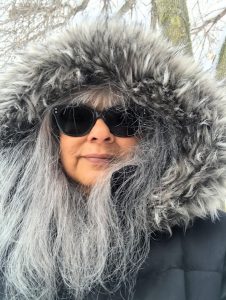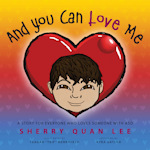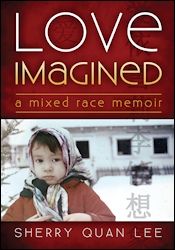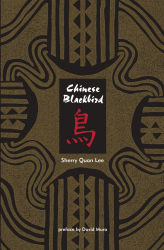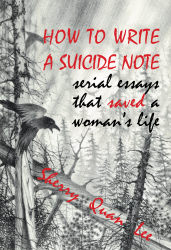‘”You could write about this,” I suggested, ever the believer in the healing power of words.
No, he said, no — he’d never write about it — …” ‘ –Catherine Watson, MinnPost, Dec.14, 2009
I haven’t written a blog entry in weeks, too many weeks. But I am constantly thinking about writing a blog entry. The longer I don’t write, the more I think about what to write, and the more I know that I want to write—but I just can’t get started.
Mostly I write when something triggers my emotions. It can be a book, a movie, a news event, something a friend said, something a stranger said. I don’t only respond to things that anger me, though often that is the case. But, I also respond to things that move me to think, be sad, to laugh, to cry. It could be something I fervently agree with, or something I fervently disagree with.
Catherine Watson writes for Minn Post http://www.minnpost.com/catherinewatson/2009/12/14/14240/my_conversation_with_a_young_soldier_who_had_an_old_face She also teaches for the Split Rock Arts Program http://www.cce.umn.edu/Split-Rock-Arts-Program/
(I work for the Split Rock Arts Program and am happy to say Catherine Watson will be teaching “Into the Country of Memory: A Retreat at the Cloquet Forestry Center”, July 11-16, 2010.)
Today, at lunch, I read Catherine’s recent MinnPost post “My conversation with a young soldier who had an old face.” I believe, as Catherine, “in the healing power of words.” But her story of a young man home from war, made me think about what we can’t write, what we don’t want to write, and why. Catherine wrote what the young soldier couldn’t. I believe this is the responsibility of a writer. To tell the stories of those that can’t. To give voice to those who don’t have a voice. And, to tell “the worst stuff.”
“The things we ask them to do, I kept thinking. The secrets we ask them to keep. The memories we ask them to carry for the rest of their lives…” Catherine Watson
Thomas Lux wrote the poem “The Voice You Hear When You Read Silently.” Here’s a short excerpt of his poem.
It is your voice
saying, for example, the word barn
that the writer wrote
but the barn you say
is a barn you know or knew. The voice
in your head, speaking as you read,
never says anything neutrally – some people
hated the barn they knew,
some people love the barn they know
so you hear the word loaded
and a sensory constellation
is lit:
The word “barn” likely means something more (or less) to the reader than what the writer wrote. Catherine’s words for me were “loaded”.
My “barn” conjured stories of slaves. What they were asked to do? The secrets they were asked to keep. And, Native Americans, Asians, Mexicans—people of color who cooked and cleaned, built railroads, picked crops—were raped, were murdered–atrocities/ secrets left out of history books for how many years?
Catherine Watson listened to a passenger on a plane sitting next to her. She listened. And she remembered. And she shared. I believe everyone can write and should write. Catherine reminded me there can be obstacles. It’s not always possible or easy to write. It’s also not always a person’s choice to write. Does that make their stories less important? Does that mean if we tell their stories healing is not part of the equation? Do words have to be written down on paper to be powerful? Is just listening enough?
I belong to a writing group. We seldom sit down and write. Sometimes, we don’t even talk about writing. But, we tell stories. Perhaps, eventually, we will write these stories, our own or each other’s. Perhaps we will fictionalize them or not. Although we are not strangers and we know we will see each other again, we are not so close we can’t tell our stories to each other. We feel safe with each other.
Although my life is mostly an open book, I think about the stories I don’t tell and the people I don’t tell them to. My secrets. The worst. Or, what I am most afraid to tell, or even what I am afraid to ask.
Sherry Quan Lee
December 14, 2009



